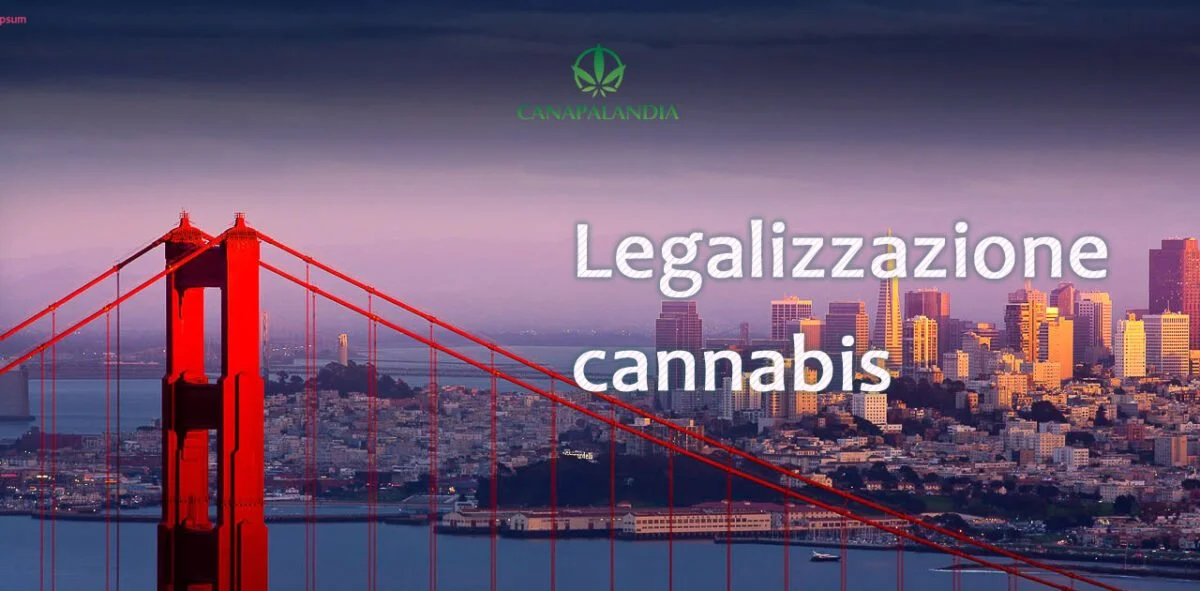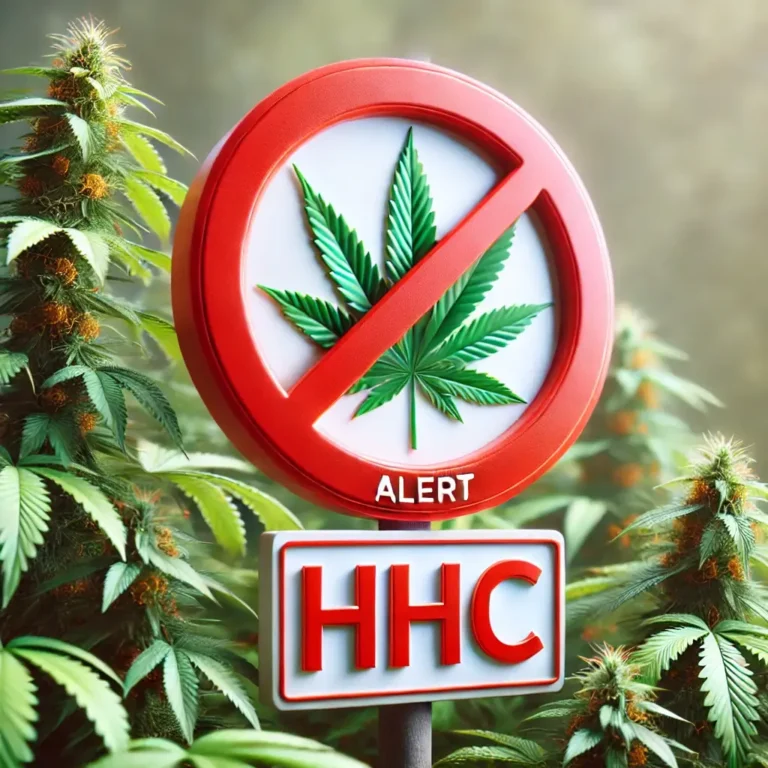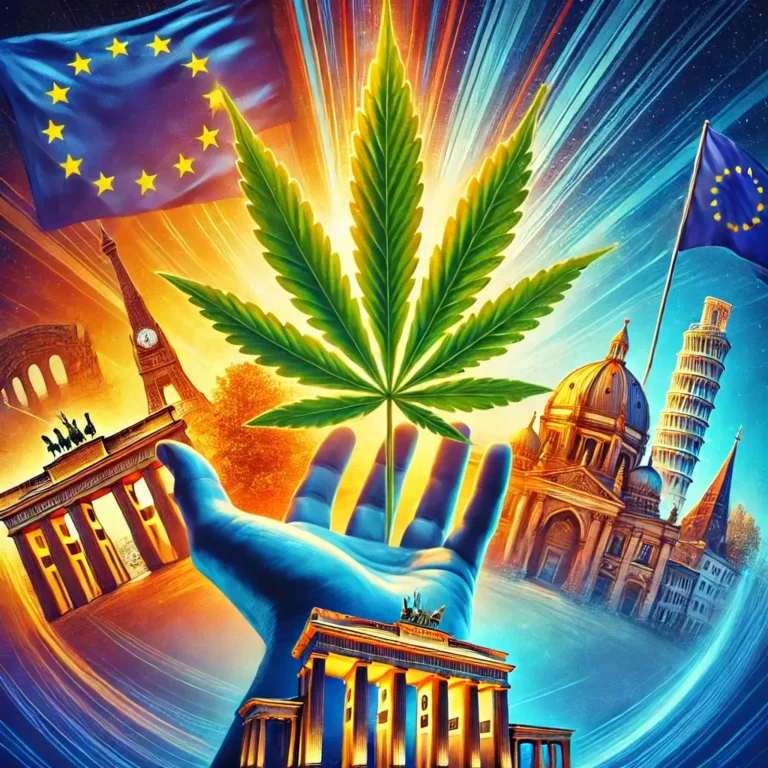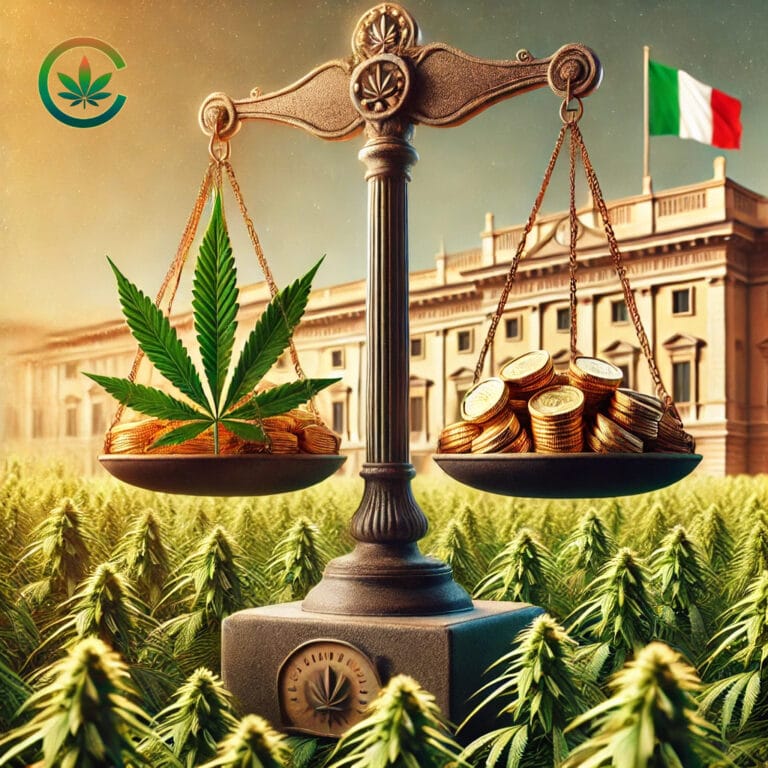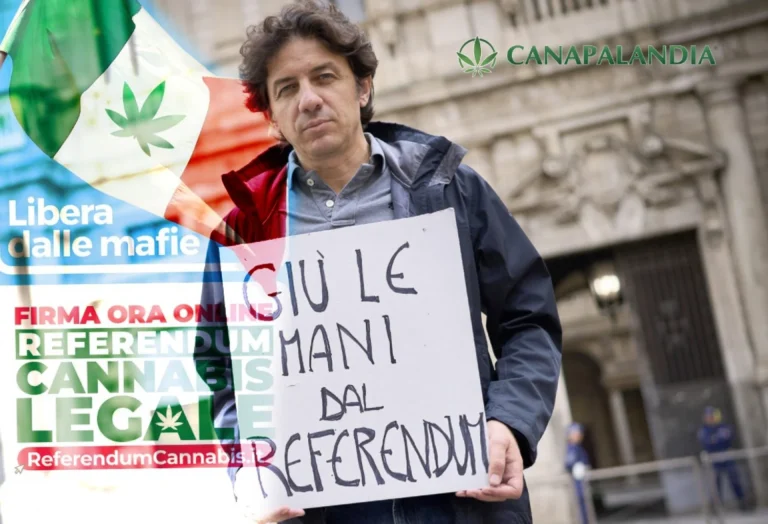San Francisco to Grant Amnesty for Cannabis-Related Convictions
San Francisco, one of the most progressive and liberal cities in the United States, has decided to grant amnesty for all cannabis-related convictions, including cases dating back up to 40 years. This decision marks an important step toward a fairer policy and social change, considering that marijuana has been legal in California for both recreational and medical use since 2018.
With the introduction of this law, thousands of people who were previously convicted of minor cannabis-related offenses will finally have those criminal records expunged. These records have often limited their access to important aspects of daily life, such as finding a job or securing housing.
A Social Justice Act
This decision to review and erase retroactive convictions reflects a desire to heal past injustices. San Francisco District Attorney George Gascón stated: “While federal drug policy is going backward, San Francisco is once again at the forefront in undoing the harm that the disastrous and failed war on drugs has inflicted on our nation and vulnerable communities.”
Essentially, the city acknowledges that the criminalization of cannabis has disproportionately impacted certain demographics, particularly Black and Latino communities, which were most affected by the “war on drugs.” Granting amnesty for these offenses is seen as an act of social justice aimed at correcting historical wrongs.
Cannabis Legalization: A Cultural Shift
When California legalized marijuana in 2018, it became the largest legal cannabis market in the world. However, while many states are following suit and legalizing cannabis, numerous barriers remain, particularly at the federal level, where marijuana is still classified as an illegal substance.
San Francisco’s decision is also significant because it recognizes that criminal records for cannabis-related offenses represent not only a social barrier but also an economic one. Individuals with criminal records often struggle to find employment, obtain loans, or secure housing. This new measure will allow them to break free from these constraints and rebuild their lives without the burden of an unjust criminal record.
A Precedent for the Rest of the Country?
While San Francisco leads the way, other cities and states are considering similar policies. In some states, such as Oregon and Colorado, which have legalized recreational marijuana, there are programs in place to expunge cannabis-related convictions. However, San Francisco is one of the first cities to take such a broad and retroactive initiative.
This measure could set a precedent for other jurisdictions, particularly for communities that have been disproportionately impacted by drug laws.
Cannabis as a Political Issue in the United States
In the U.S., cannabis has become one of the most widely debated political topics in recent years. Not only from an economic perspective—with billions of dollars now flowing through legal cannabis markets—but also from a social standpoint regarding the potential impact of legalization. While some believe that cannabis may serve as a gateway drug to more dangerous substances, numerous studies have shown that marijuana is no more dangerous than alcohol or tobacco.
States like Colorado and Washington have pioneered legalization and demonstrated that a regulated cannabis market can bring economic benefits and reduce crime related to drug trafficking. However, there remains a contentious debate at the federal level, where marijuana is still illegal, and many fear that nationwide legalization could lead to uncontrolled abuse.
Conclusions
San Francisco’s decision to grant amnesty for cannabis-related offenses represents an important step toward a more just and inclusive society. Initiatives like this recognize that the criminalization of cannabis was a failed policy that devastated the lives of millions, especially those from marginalized communities.
As more cities and states move toward legalization, it’s likely we’ll see an increasing number of jurisdictions following San Francisco’s lead, working to heal the wounds of the past and build a fairer future for everyone.
Pubblicità
🧠 Prova il Ribaltatore
Ribalta questa frase proibizionista con l'AI e scopri l'ironia dietro lo slogan.
Ribalta "San Francisco to Grant Amnesty..."🔍 Frasi Correlate
Cerca altre frasi e contenuti su questo tema nel nostro archivio.
Cerca "Cannabis Legalization"Supporta Canapalandia
Se questo contenuto ti è stato utile, puoi sostenerci: ci aiuta a mantenere il progetto indipendente e aggiornato.
